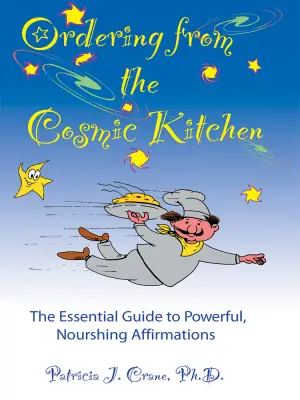Fahrenheit 451: A Journey Through Thought and Fire
When I first picked up Fahrenheit 451 by Ray Bradbury, I wasn’t sure what to expect beyond the intriguing title. I’d always been drawn to tales of dystopia, but this book held a deeper allure—it felt like an urgent warning wrapped in a narrative cloak. In a world increasingly dominated by noise and distraction, Bradbury’s cautionary tale resonated with me on levels I hadn’t anticipated.
Set in a haunting future where the written word is deemed dangerous, Bradbury introduces us to Guy Montag, a firefighter with a perverse job: instead of extinguishing flames, he ignites them—burning books and the homes that harbor them. Montag is initially a cog in the oppressive societal machine, blissfully unaware of the richness he’s helping to erase. That is, until he meets Clarisse, a young, free-spirited neighbor who challenges his worldview. Her poignant questions ignite a flicker of curiosity in his heart, prompting him to question everything—the very foundation on which his life is built.
Themes of censorship and conformity permeate the novel, reminding us of the perils of surrendering our intellect to complacency. In Montag’s world, people are glued to their screens, distracted from the beauty and complexity of life. One passage that struck me was when Montag reflected on how “books give a man a place to belong,” a simple yet profound truth that captures the essence of why literature matters. It highlights how books can be vessels of empathy, connection, and understanding—qualities increasingly at risk in a digitally oversaturated society.
Bradbury’s writing style is both lyrical and stark, making for an evocative reading experience. His prose flows with a poetic rhythm, punctuated by sharp observations that felt eerily relevant even decades after its publication. The pacing, particularly in the latter half, picks up speed as Montag undergoes a transformation, escalating the tension and urgency of a society on the brink of collapse. It’s a thrilling journey that made my heart race, driving me to turn each page with more fervor.
One memorable quote that lingers with me is, "It was a pleasure to burn." This line embodies the chilling irony of Montag’s profession and the comfortable ignorance in which society bathes itself. It also sets the stage for Montag’s internal conflict—as he grapples with guilt and curiosity about the very books he’s been destroying.
Fahrenheit 451 is more than just a snapshot of a dystopian future; it serves as a mirror for our current reality. In a time when misinformation can spread like wildfire, the merits of critical thinking and engagement with diverse ideas have never been more pressing.
I highly recommend this book to anyone who enjoys thought-provoking stories—whether you’re a fan of dystopian fiction or simply curious about society’s trajectory. It challenges us to re-evaluate our relationship with technology and literature while inspiring a renewed appreciation for the written word. This is a reading experience that has left a lasting impression on me, igniting my passion for literature and the importance of preserving our voices amidst the noise.
In a world that sometimes feels too loud, Montag’s journey reminds us that it’s vital to pause, reflect, and listen to the whispers of wisdom contained within a book’s pages.
You can find Fahrenheit 451 here >>






